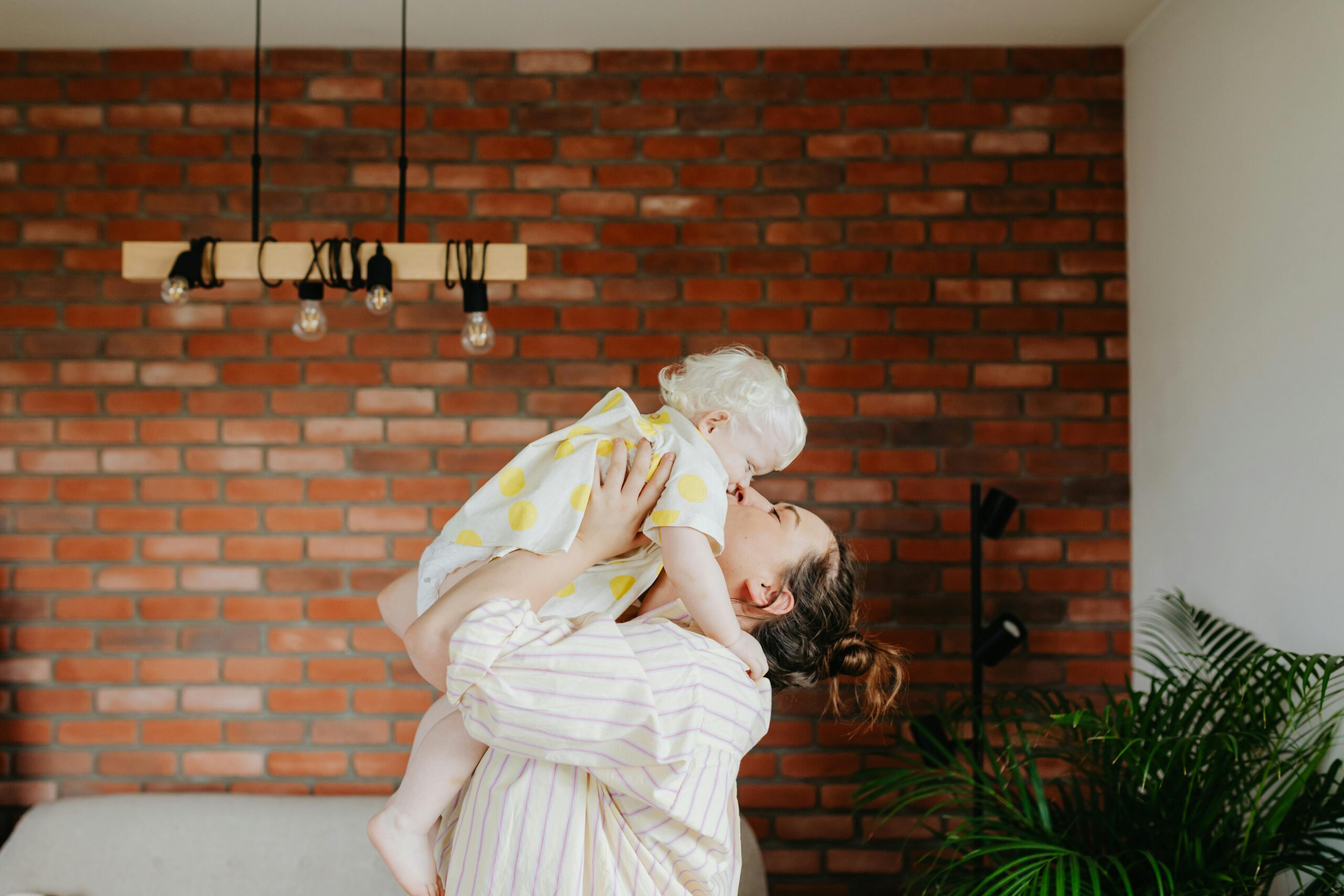Understanding the Basics: What is Home Insurance Liability Coverage?
When you think about home insurance, you likely picture coverage for damages to your home caused by events like fire, storms, or theft. However, a crucial component of most homeowners insurance policies is liability coverage. Home insurance liability coverage explained simply is the part of your policy that protects you financially if someone is injured on your property or if you accidentally damage someone else’s property.
This coverage extends beyond the physical boundaries of your property in some cases. For example, if your dog bites someone at a park, or if you accidentally damage a neighbor’s fence while mowing your lawn, your home insurance liability coverage might help cover the resulting expenses. It covers not only the cost of legal defense if you’re sued, but also any settlements or judgments against you, up to the coverage limit.
It’s important to understand that this isn’t just about accidents that happen inside your house. Liability coverage is designed to protect you from a wide range of unforeseen events that could lead to financial hardship. Essentially, it’s a safety net for situations where you’re found legally responsible for someone else’s injuries or damages.
Many homeowners underestimate the importance of liability coverage, focusing instead on the more visible protections like damage to the structure of their home. However, a single lawsuit can potentially wipe out your savings and even put your future earnings at risk. Therefore, understanding and adequately assessing your liability coverage needs is a critical part of responsible homeownership. It’s a key element to consider alongside resources like being prepared for a fire or other disaster.
Home Insurance Liability Coverage Explained: Scenarios Where It Protects You
To truly grasp the significance of home insurance liability coverage explained, let’s delve into specific scenarios where it can provide critical financial protection. These examples illustrate how easily accidents can happen and the potential costs involved.
- Slip and Fall Injuries: Imagine a guest slips on an icy patch on your front steps and breaks their leg. They could sue you for medical expenses, lost wages, and pain and suffering. Your liability coverage would help cover these costs, including legal defense if needed.
- Dog Bites: As mentioned earlier, dog bites are a common source of liability claims. If your dog bites someone, whether on or off your property, you could be held liable for the resulting injuries. The coverage can assist with medical bills and potential legal fees.
- Tree Damage to a Neighbor’s Property: If a tree on your property falls and damages your neighbor’s fence or shed, you could be responsible for the repair costs. Liability coverage would step in to help pay for the necessary repairs or replacement.
- Accidental Damage Caused by Children: Suppose your child accidentally throws a baseball through a neighbor’s window. You are likely responsible for the damages. Your home insurance liability coverage can help cover the cost of replacing the window.
- Swimming Pool Accidents: Swimming pools are attractive nuisances. If someone gets hurt in your pool – even if they were trespassing – you could be held liable. Liability coverage is especially crucial if you have a pool. Always ensure appropriate safety measures, such as adequate fencing and warning signs, are in place.
- Injuries Caused by Home Maintenance: Imagine you hire someone to clean your gutters, and they fall off the ladder and sustain injuries. You could be liable for their medical bills and lost income, particularly if it’s determined the ladder you provided was faulty.
These scenarios underscore the unpredictable nature of accidents and the importance of having adequate liability coverage. Without it, you could be forced to pay substantial sums out of pocket, potentially jeopardizing your financial stability. Preparing your home by using resources like these vital homeowner maintenance tips can also help prevent some of these situations.
Coverage Amounts: How Much Liability Insurance Do You Need?
Determining the appropriate amount of liability insurance is a critical decision. It’s not a one-size-fits-all answer, as the ideal coverage amount depends on your individual circumstances and risk tolerance. A good starting point is to consider your net worth. The liability coverage you select should ideally be equal to or greater than your total assets. This helps ensure that your assets are protected in the event of a significant claim or lawsuit.
Most standard homeowners insurance policies offer liability coverage limits ranging from $100,000 to $500,000. However, in today’s litigious society, even seemingly minor accidents can result in substantial claims. Therefore, it’s often advisable to opt for higher coverage limits, such as $300,000 or $500,000, if your budget allows. Consider, too, the potential for pain and suffering damages, which can significantly increase the total amount awarded in a lawsuit.
Here are some factors to consider when determining your liability coverage needs:
- Your Net Worth: As mentioned, this is a primary factor. The higher your net worth, the more liability coverage you should consider.
- High-Risk Features on Your Property: If you have a swimming pool, trampoline, or other features that could increase the risk of injury, you should opt for higher coverage.
- Pet Ownership: If you own a dog, particularly a breed known for biting, you should increase your liability coverage.
- Frequent Guests: If you regularly host gatherings or parties at your home, you increase the likelihood of someone getting injured on your property.
- Personal Activities: Certain hobbies or activities, such as coaching a sports team or volunteering, could expose you to liability risks.
Don’t hesitate to consult with an insurance professional to assess your specific needs and determine the appropriate level of liability coverage for your situation. They can help you evaluate your risks and make informed decisions about your coverage limits.
What’s Not Covered: Common Exclusions in Liability Coverage
While home insurance liability coverage provides broad protection, it’s essential to understand its limitations. Certain situations and types of incidents are typically excluded from coverage. Understanding these exclusions will help you avoid unpleasant surprises when filing a claim.
Here are some common exclusions in home insurance liability coverage:
- Intentional Acts: Liability coverage generally does not cover intentional acts of harm. For example, if you deliberately injure someone, your insurance policy will not cover the resulting damages.
- Business Activities: If someone is injured while you’re conducting business from your home, your homeowners policy typically won’t cover it. You would likely need a separate business liability policy. This is particularly relevant if you are insuring your rental home or bed and breakfast business.
- Auto-Related Incidents: Accidents involving your car are generally covered by your auto insurance policy, not your homeowners policy. For example, if you hit someone with your car while backing out of your driveway, your auto liability coverage would apply.
- Damage to Your Own Property: Liability coverage is designed to protect you if you damage someone else’s property or injure someone else. It does not cover damage to your own property.
- Contractual Liability: If you assume liability through a contract, your homeowners insurance may not cover it. For example, if you sign a waiver releasing a company from liability for injuries sustained while participating in an activity, your insurance policy may not cover you if you are sued.
- Communicable Diseases: Many policies exclude liability coverage for the transmission of communicable diseases.
It’s crucial to carefully review your homeowners insurance policy to understand the specific exclusions that apply. If you have any questions or concerns, contact your insurance agent for clarification. Also, keep in mind that flood damage is typically excluded from standard homeowners policies, so it’s important to consider whether you need a good flood insurance policy.
Beyond the Basics: Umbrella Policies and Additional Protection
For individuals with significant assets or those who face a higher risk of liability claims, a standard homeowners insurance policy may not provide sufficient protection. In such cases, an umbrella policy can offer an additional layer of liability coverage.
An umbrella policy provides excess liability coverage above and beyond the limits of your homeowners, auto, and other liability policies. For example, if your homeowners policy has a liability limit of $500,000 and you’re sued for $1 million, your umbrella policy could cover the remaining $500,000, up to its policy limit. Umbrella policies typically offer coverage limits ranging from $1 million to $5 million or more.
Who should consider an umbrella policy?
- High-Net-Worth Individuals: If you have substantial assets, an umbrella policy can protect those assets from being seized in a lawsuit.
- Individuals with High-Risk Activities: If you engage in activities that increase your risk of liability claims, such as owning a swimming pool, owning a dog, or coaching a sports team, an umbrella policy can provide valuable protection.
- Landlords: If you own rental properties, you face a higher risk of liability claims from tenants or visitors. An umbrella policy can protect you from these risks.
- Public Figures: Individuals who are in the public eye may be more likely to be targeted by lawsuits. An umbrella policy can provide an extra layer of protection.
In addition to an umbrella policy, there are other ways to enhance your liability protection. For example, you can increase the liability limits on your homeowners and auto insurance policies. You can also purchase specialized liability policies, such as personal injury liability insurance, which covers claims for libel, slander, and defamation. It’s always wise to conduct a coverage review to ensure you are properly covered.
Filing a Claim: Navigating the Liability Insurance Process
If you find yourself in a situation where someone is injured on your property or you accidentally damage someone else’s property, it’s essential to know how to navigate the liability insurance claims process. Here’s a step-by-step guide:
- Report the Incident Promptly: Contact your insurance company as soon as possible after the incident occurs. Provide them with all the details you have, including the date, time, and location of the incident, as well as the names and contact information of any witnesses.
- Document Everything: Gather all relevant documentation, such as photos of the scene, medical bills, repair estimates, and any correspondence you’ve had with the injured party.
- Cooperate with the Insurance Company: Be honest and cooperative with the insurance company’s investigation. Provide them with any information they request in a timely manner.
- Do Not Admit Fault: Avoid admitting fault or making any statements that could be used against you in a lawsuit. Refer all inquiries to your insurance company.
- Seek Legal Advice if Necessary: If you’re facing a potential lawsuit, consult with an attorney. They can advise you on your legal rights and obligations.
- Understand the Claims Process: Your insurance company will investigate the claim and determine whether you’re liable for the damages. If you are liable, they will negotiate a settlement with the injured party.
- Review the Settlement Offer: Carefully review any settlement offer from the insurance company. Make sure it adequately covers the damages. If you’re not satisfied with the offer, you can negotiate for a higher amount.
Navigating a liability insurance claim can be complex and stressful. However, by following these steps and working closely with your insurance company, you can protect your financial interests and resolve the matter as efficiently as possible. Understanding if your insurance company can cancel your policy can also help you navigate this process more effectively.
Remember that having adequate home insurance liability coverage explained and understanding how it works is essential for protecting yourself and your family from financial hardship. Don’t hesitate to contact Beach Insurance LLC for a review of your homeowners insurance policy and to discuss your liability coverage needs.
Have questions? Contact us here.






